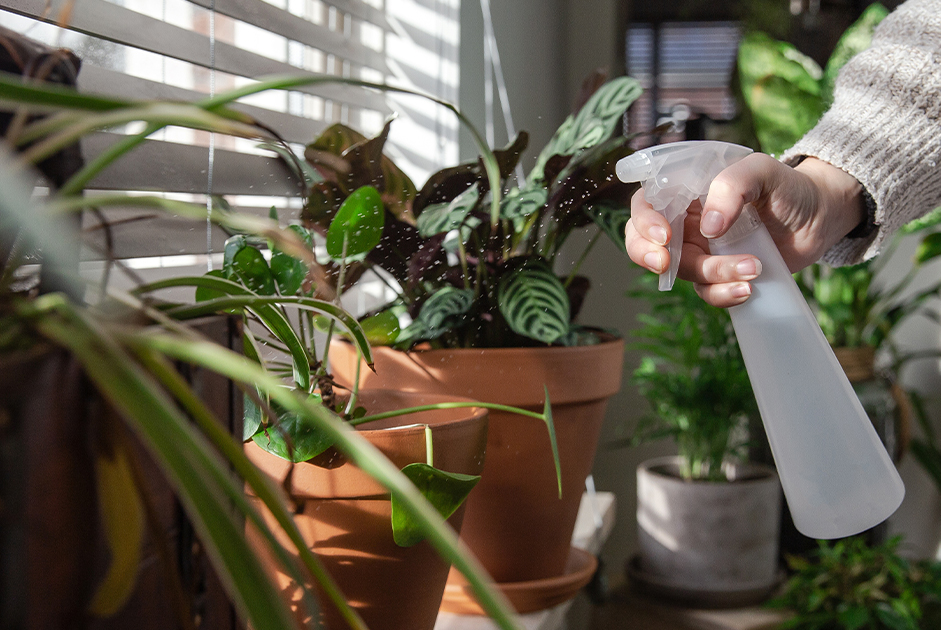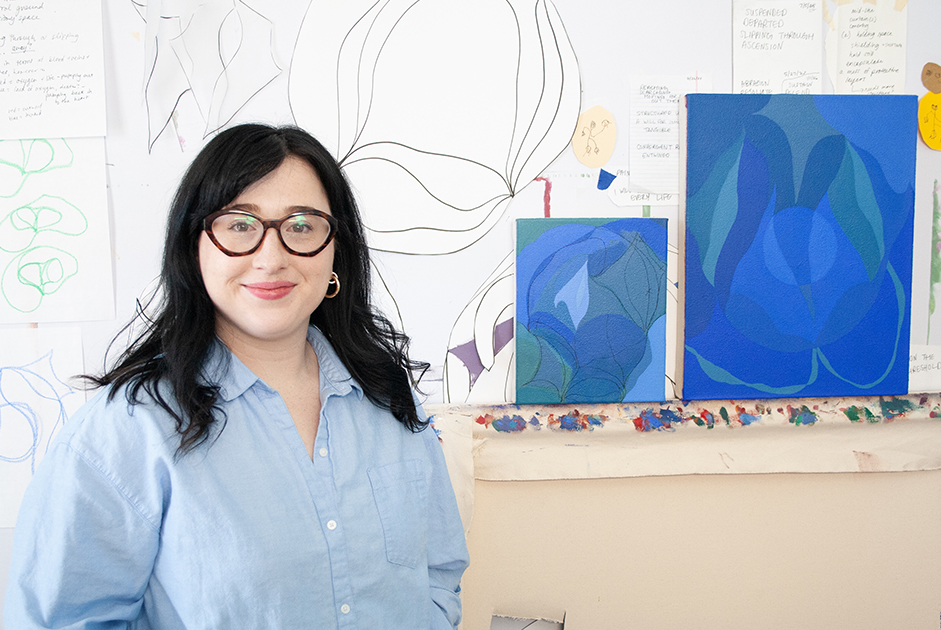It is no secret – we all need rest. Whether it is through relaxing, sleeping in, or practicing self-care, rest is beneficial to a person’s health. But, did you know there are different types of rest? Seven types to be exact.
In her TED Talk, Dr. Saundra Dalton-Smith, a board-certified internal medicine physician in Alabama, explains that a person needs to be rested physically, mentally, spiritually, emotionally, sensorily, socially, and creatively. Dr. Dalton-Smith discovered these various types of rest after researching the reasons why her patients (and herself) were still tired after getting a good night’s sleep. She explains her findings in her book, Sacred Rest, published in 2017 and encourages creating a “rest revolution,” by focusing on all types of rest, rather than just sleep, and moving away from a burnout culture. To some people, this can be overwhelming, thinking about their normal schedule and the fact that they have to now get in multiple types of rest. The good news is that it doesn’t have to be overwhelming and it is easier than you think.
According to Dr. Dalton-Smith, the various versions of rest are all linked together and if you are needing one type, you are probably needing more than just that one. When considering what types of rest you may need, the first step is to always look at the descriptions and the ways to include them in your life.
- Physical Rest – This category includes, of course, sleep (which is considered to be passive physical rest) and active physical rest activities. During physical rest, a person is completing slow, easy, and peaceful exercises to help their body heal and lower their stress levels. Yoga, massages, stretching, and pilates are great examples of how to obtain physical rest. Walking is another option. It is suggested for a person to add some type of physical rest into their schedule at least every other day. This will help prevent swelling and body aches, which are key signs you are in need of this particular type of rest.
- Mental Rest – Do you have trouble concentrating or absorbing new information? Do you need coffee to get you through the day, because you are having difficulty sleeping at night? Mental rest is what you need to block out the stimuli coming into your brain. Scheduling breaks and time away from the stimuli throughout the day will be beneficial and give your mind a chance to reset. For example, moving away from your work and taking a short walk outside or just sitting outside in the sun. Journaling, making lists, and writing down your thoughts throughout the day is another opportunity to receive mental rest.
- Spiritual Rest – According to Dr. Dalton-Smith in the article “What are the 7 Types of Rest? (Plus, The Best One for You),” she states that “someone lacking spiritual rest might have trouble feeling like what they do everyday matters”. This could come from a person searching for purpose, belonging, and community. To recharge spiritually, it is suggested that you find a strong community to guide you in finding understanding and relating to your own beliefs. Meditation, daily prayer, keeping a gratitude journal, and volunteering are also great practices.
- Sensory Rest – I can relate to this type of rest. There are times when I have all my senses working with hearing information, trying to type, while reading on the computer. Sensory overload happens to the majority of us. Lights, noises, and more can cause us to be overwhelmed and can affect our feelings and personalities. To take a break, simply close your eyes for a minute, unplug your electronics, and remove yourself from the noises and lights for a moment. The key is to find a quiet spot to relax and step away from the world. One thing that helps me is driving home from work in silence. By doing so, I am able to regain my thoughts and be at peace for a moment.
- Emotional Rest – We all do it – we all tell others we are “okay” when in actuality we are not. We say “yes” to things when we really (and need) to say “no.” If this happens to you, you are in the market for some emotional rest. Getting fulfilled on your emotional rest can be tricky, because you are opening up yourself and possibly feeling vulnerable. Start by being honest and talking to someone you are comfortable with about what you are feeling and advocate for yourself. For this type of rest to be successful, you are encouraged to be authentic and cut back on pleasing people. In addition, fill your life with positive and supportive people, who you trust. Lastly, therapy is another wonderful option. The goal with emotional rest is to be able to let down your guard and truthfully answer the question “How are you?” depending on what you are really feeling.
- Creative Rest – When you hear the word “creative,” you may associate it mostly with the arts and being artistic. However, for our version of rest, creativity is related to problem solving, critical thinking, and thinking outside of the ordinary, and we can oftentimes find ourselves stumped in creativity. There are two ways to recharge in creative rest. First, appreciate beauty and nature. Get outside and watch the colors of the sunset. Take in all of the colors around you and absorb the beauty of your surroundings. Second, enjoy the arts, whether it be music, dancing, painting, etc. Turn your workspace into something inspirational for you to be productive. Or take a moment and let your mind draw or write wherever it goes on paper. Lastly, grab challenges head on and don’t be afraid to make mistakes. When you find inspiration and motivation in your surroundings, you will regain your creativity.
- Social Rest – I am an introvert. I enjoy my time at home and by myself. This is a perfect example of social rest, that even extroverts can use every now and then. Prioritize your time with people you want to be around and ones that fulfill you. Also, don’t overcommit yourself and don’t be afraid to schedule some “me” time into the calendar.
As you can see, these different types of rest blend together. While getting creative rest, you can also be getting physical rest with a walk through the park to notice its beauty. A simple five minutes a day, focusing on the rest you need the most, can help lead you to a healthier, calmer, and less stressful life.




















